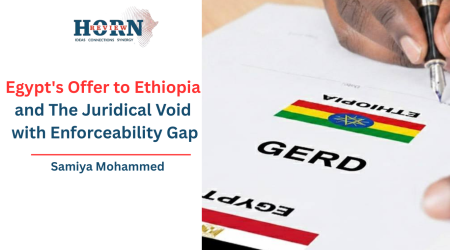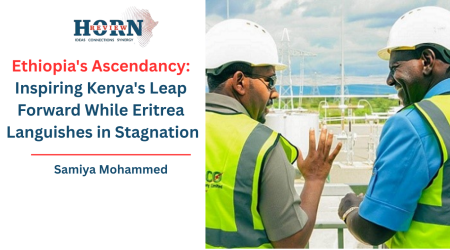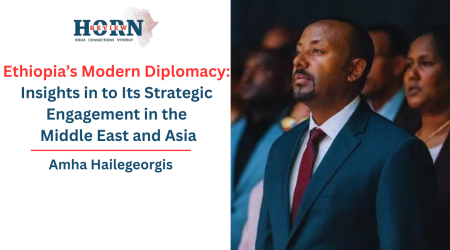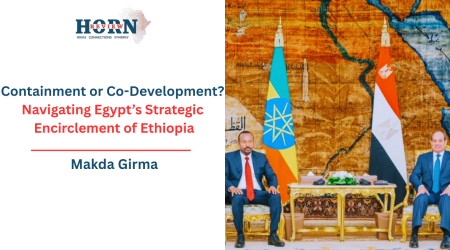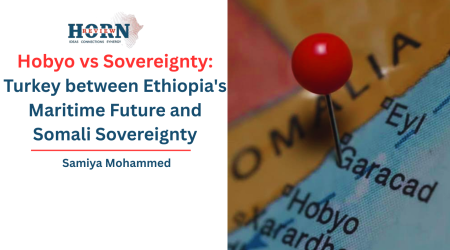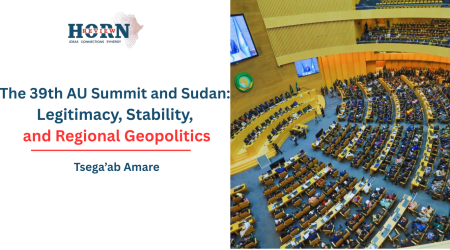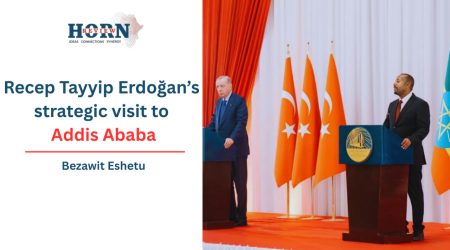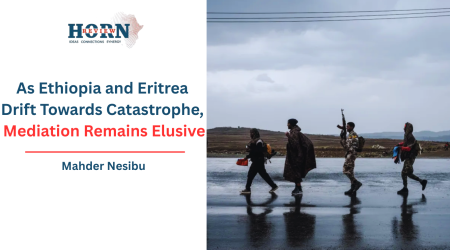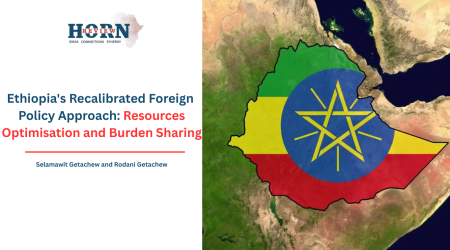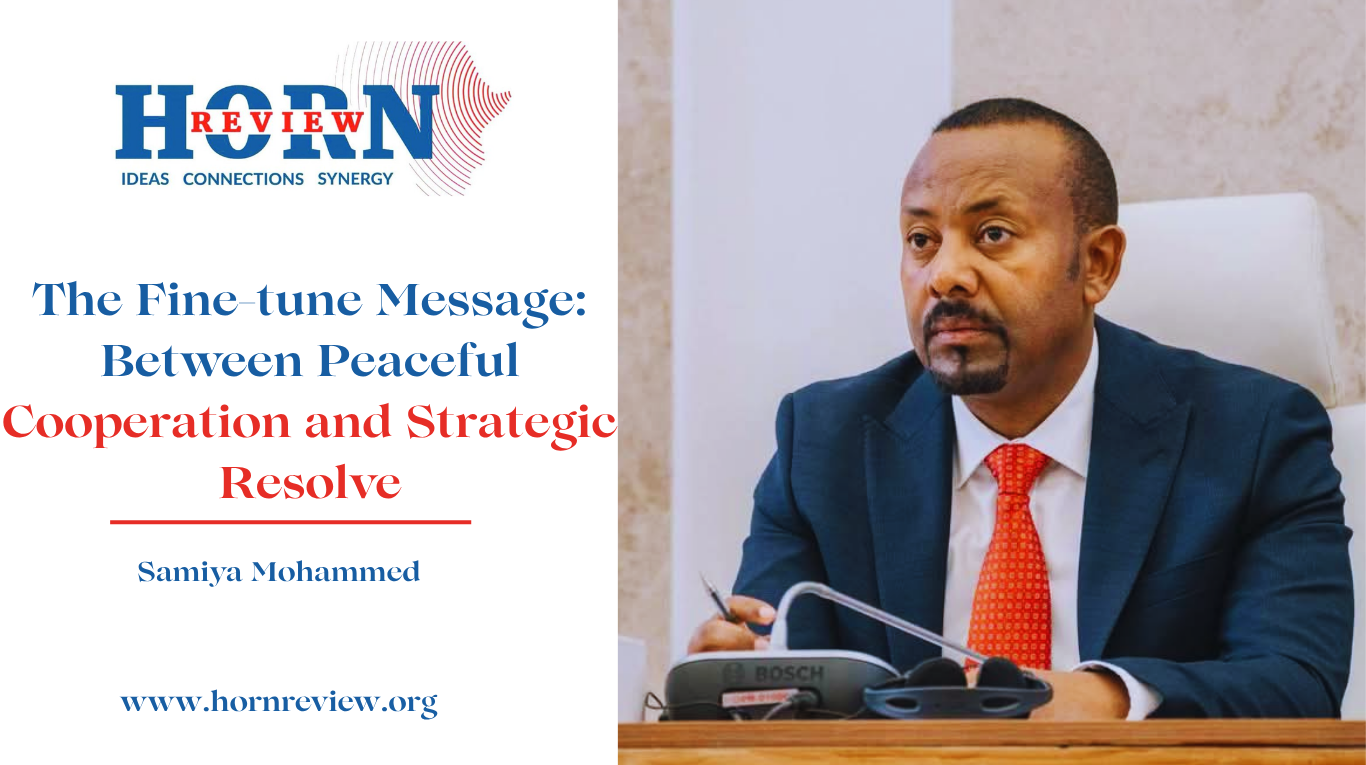
5
Nov
The Fine-tune Message: Between Peaceful Cooperation and Strategic Resolve
In a defining address to the House of Representatives, Ethiopian Prime Minister Abiy Ahmed voiced a vision that contemporaneously backs dialogue and acknowledges strategic realities. His speech, delivered with measured diplomatic cadence mount Ethiopia’s quest for Red Sea access as an inseparable element of national destiny while extending an olive branch to neighbouring nations. The address shows a peerless presentation in diplomatic communication, blending historical injustice with future oriented regional cooperation, all while conveying a subtle but apparent message about Ethiopia’s resolve and capabilities should peaceful avenues prove futile.
Abiy’s address carefully situated Ethiopia’s maritime claims within a structure of legal, historical, geographical, and economic arguments, asserting that the current arrangement stems from decisions made without proper institutional involvement. This reasoning answers Ethiopia’s time honoured position that its rights to sea access were never formally surrendered through legitimate processes. The speech thus operates on dual tracks which foregrounding cooperation while implicitly challenging the legitimacy of the status quo that left Ethiopia geographically constrained in a region where maritime access dictates economic sovereignty.
Central to the Prime Minister’s address was a direct appeal to neighbouring states regarding regional stability. He explicitly cautioned against weapons trafficking and human smuggling, urging instead for legal channels of cooperation. This message arrives against allegations that Eritrea has been funding, mobilizing and directing armed groups in Ethiopia’s where militiamen have been battling the federal government.
The government’s concern about weapon proliferation is substantiated by Ethiopia’s recent diplomatic communications. In a letter to UN Secretary-General Antonio Guterres, Foreign Minister Gedion Timothewos alleged that Eritrea, in collusion with a hard line faction of the Tigray People’s Liberation Front, was actively preparing to wage war against Ethiopia. These allegations, though denied by Eritrea and TPLF factions, reveal the fundamental security dilemmas informing Abiy’s parliamentary message. His words serve notice that Ethiopia possesses both the intelligence capabilities to monitor regional arms flows and the political will to address them.
Perhaps the most nuanced dimension of the Prime Minister’s address lay in his careful calibration between peace and power. While emphatically stating Ethiopia’s preference for peaceful processes, he acknowledged that if peace is not the way we know where this goes, implicitly referencing Ethiopia’s demographic and military advantages, this subtle reference to national capabilities reinforce the seriousness of Ethiopia’s maritime aspirations.
The speech continued this balanced approach by framing an issue that the doors are open in terms of peaceful process while cautioning neighbours against choosing the path of bullets. The Prime Minister’s words suggest that Ethiopia envisions two potential futures, one of regional economic integration built around cooperative port access, or one where it exercises its demographic and military weight to secure strategic objectives.
The Prime Minister’s vision of Ethiopia serving as a source of development and prosperity for the entire region reflects this understanding. His argument for shared growth and mutual progress aligns with economic analyses suggesting that regional integration through frameworks could reduce trade costs for countries by up to 11% and increase freight volumes by nearly 30%. This positions Ethiopia’s quest for sea access not as a zero sum game but as a potential ferment for regional economic advancement.
Prime Minister Abiy Ahmed’s parliamentary address shows a sophisticated deployment of diplomatic gesturing, blending reassurances of peaceful intent with clear out demonstrations of strategic resolve. By priming Ethiopia’s Red Sea access as simultaneously a legal right, historical legacy, geographical reality, and economic necessity, he has positioned this issue at the center of Ethiopia’s national identity and regional policy.
The careful balance between open doors for cooperation and subtle reminders of national capabilities creates a policy where peaceful resolution remains the preferred path, but not the only conceivable one.
As the international community faces the challenge of facilitating dialogue that addresses Ethiopia’s legitimate economic needs while respecting the sovereignty of coastal states. Prime Minister Abiy Ahmed’s address presents Ethiopia’s perspective as one grounded in principles of mutual respect, shared prosperity, and peaceful cooperation. The government’s position shows diplomatic channels and institutional processes as the preferred means for advancing regional cooperation and addressing development needs.
The vision lucid reflects Ethiopia’s commitment to playing a constructive role in regional affairs while pursuing its legitimate development objectives through peaceful means and cooperative stsyems. The period ahead will be central in determining how this vision aligns with the priorities of regional partners, shaping whether the Red Sea becomes an arena for deepened collaboration and shared economic growth. Ethiopia’s stated commitment to dialogue suggests a path forward established in partnership and a shared vision for regional prosperity.
By Samiya Mohammed, Researcher, Horn Review

